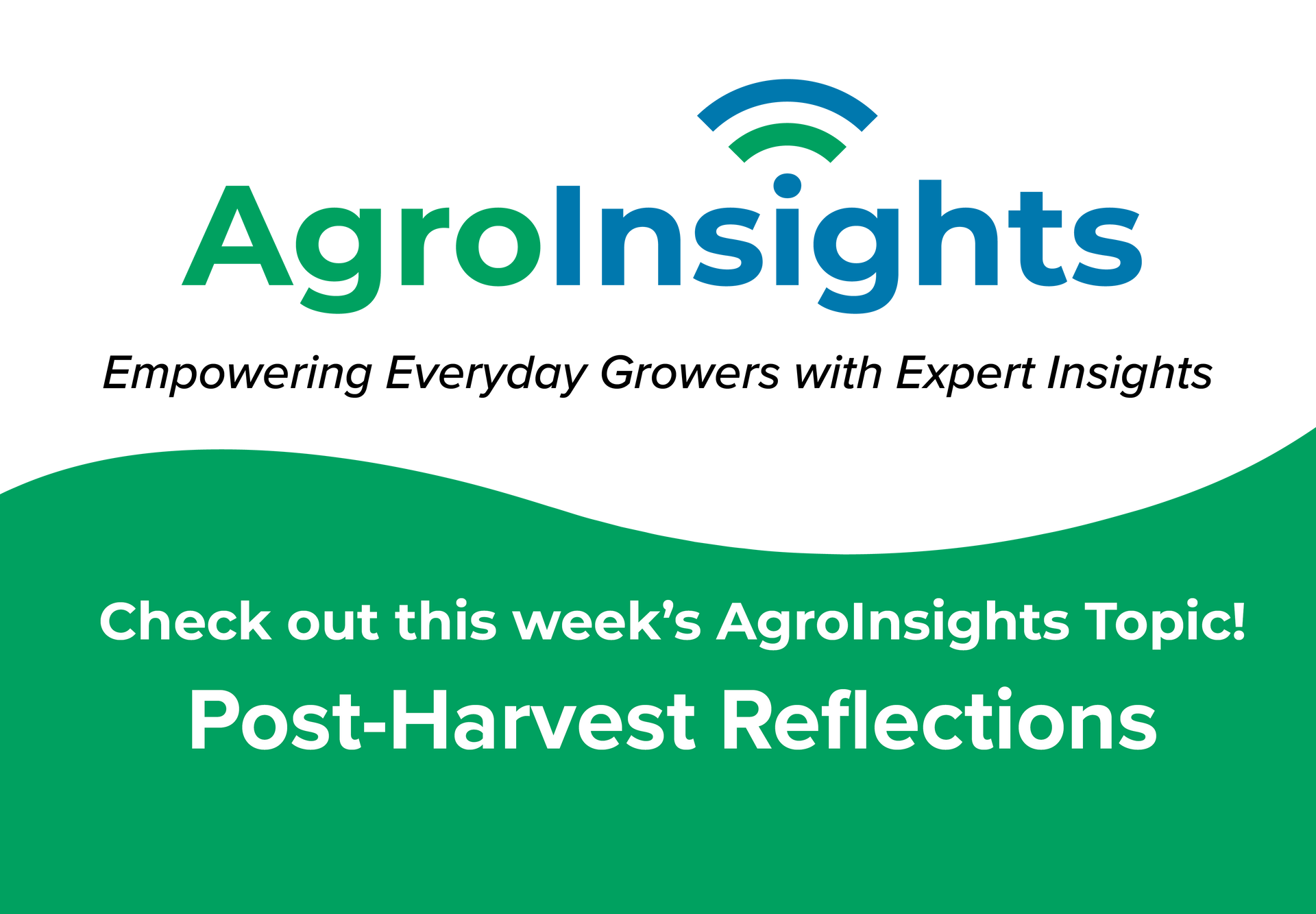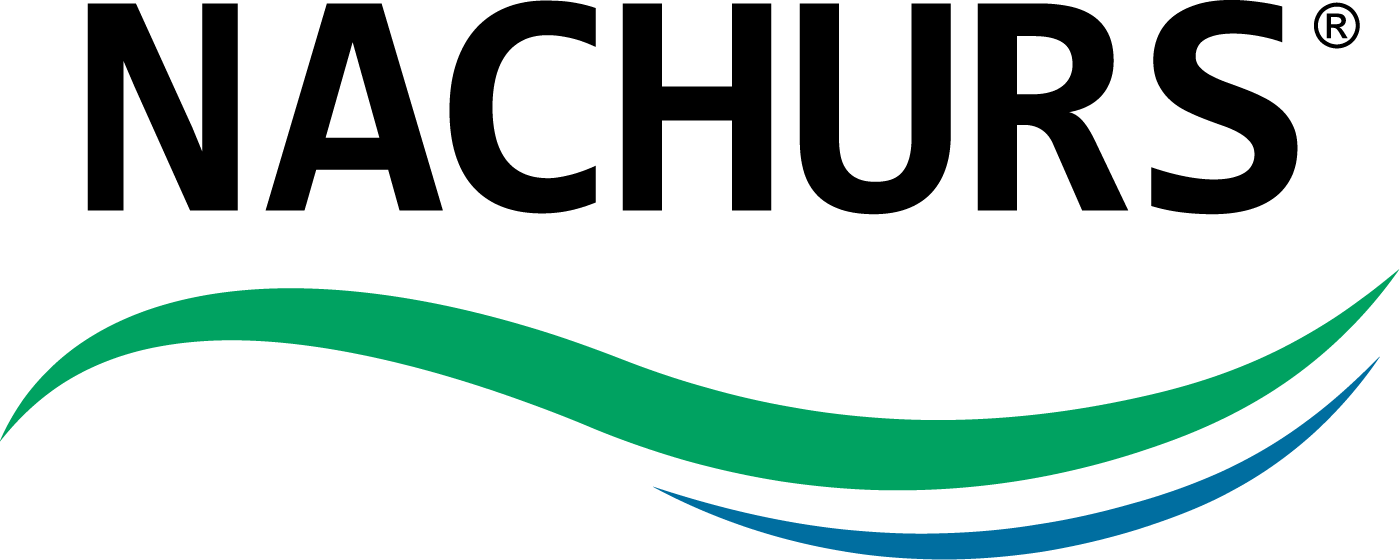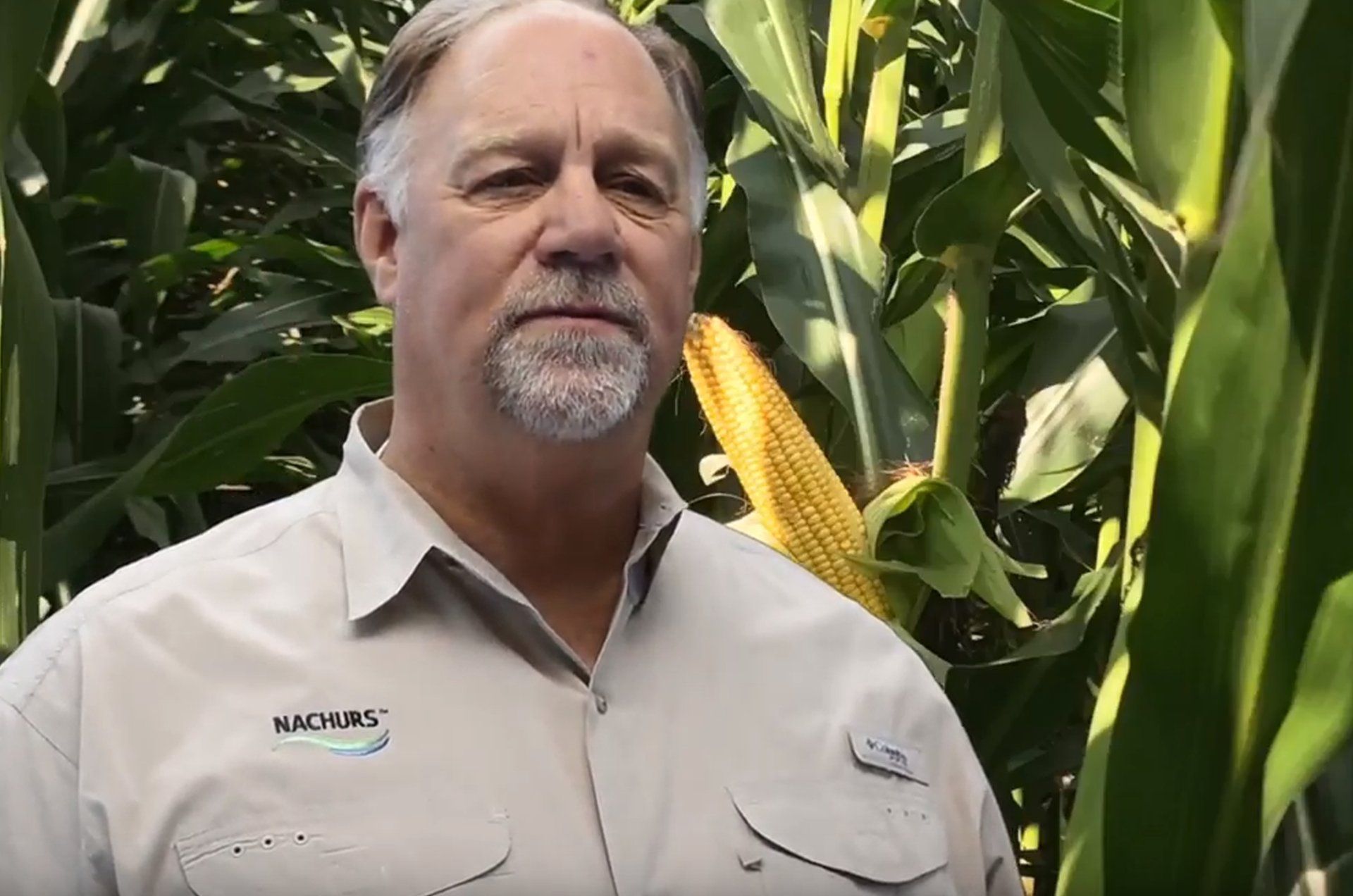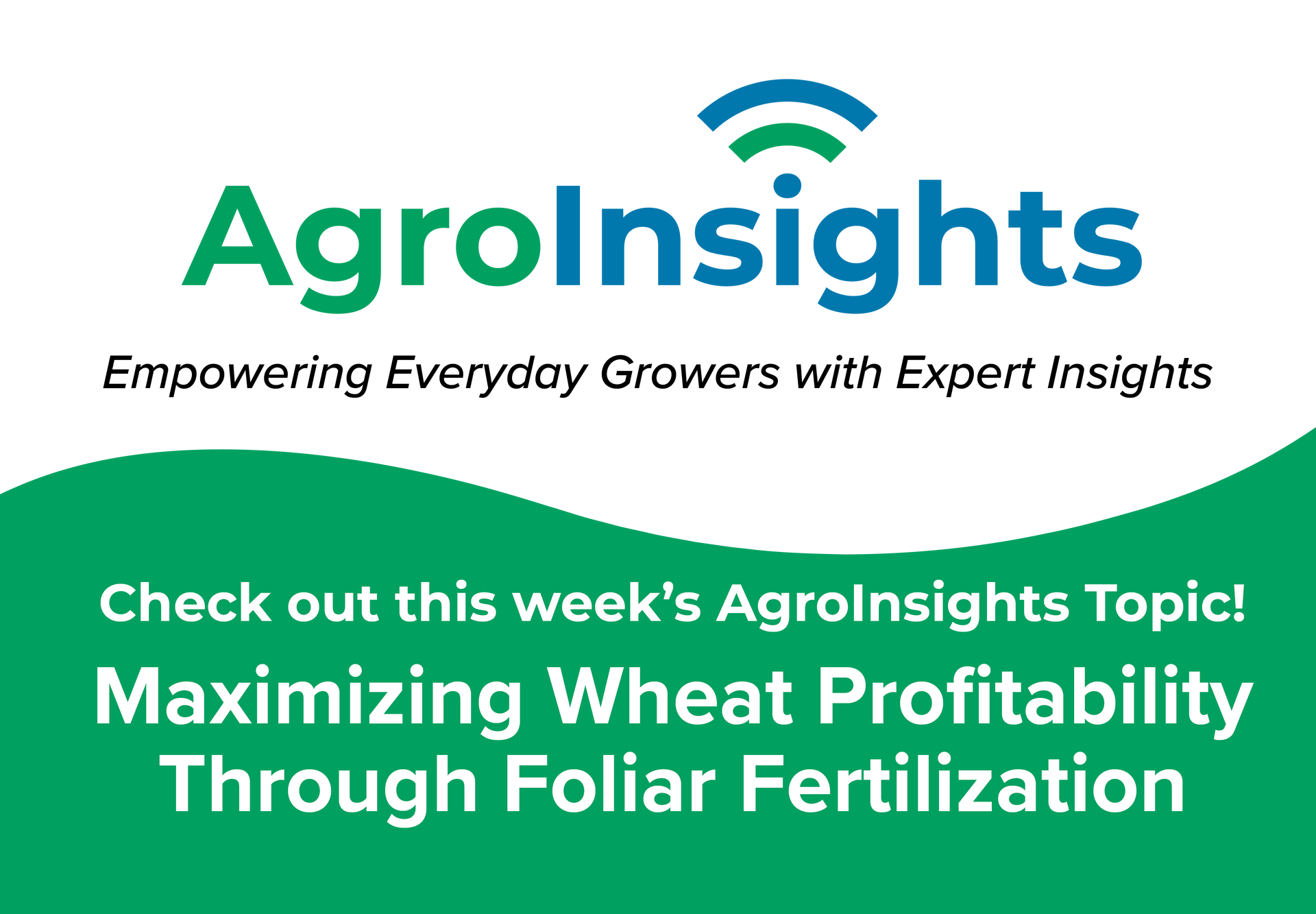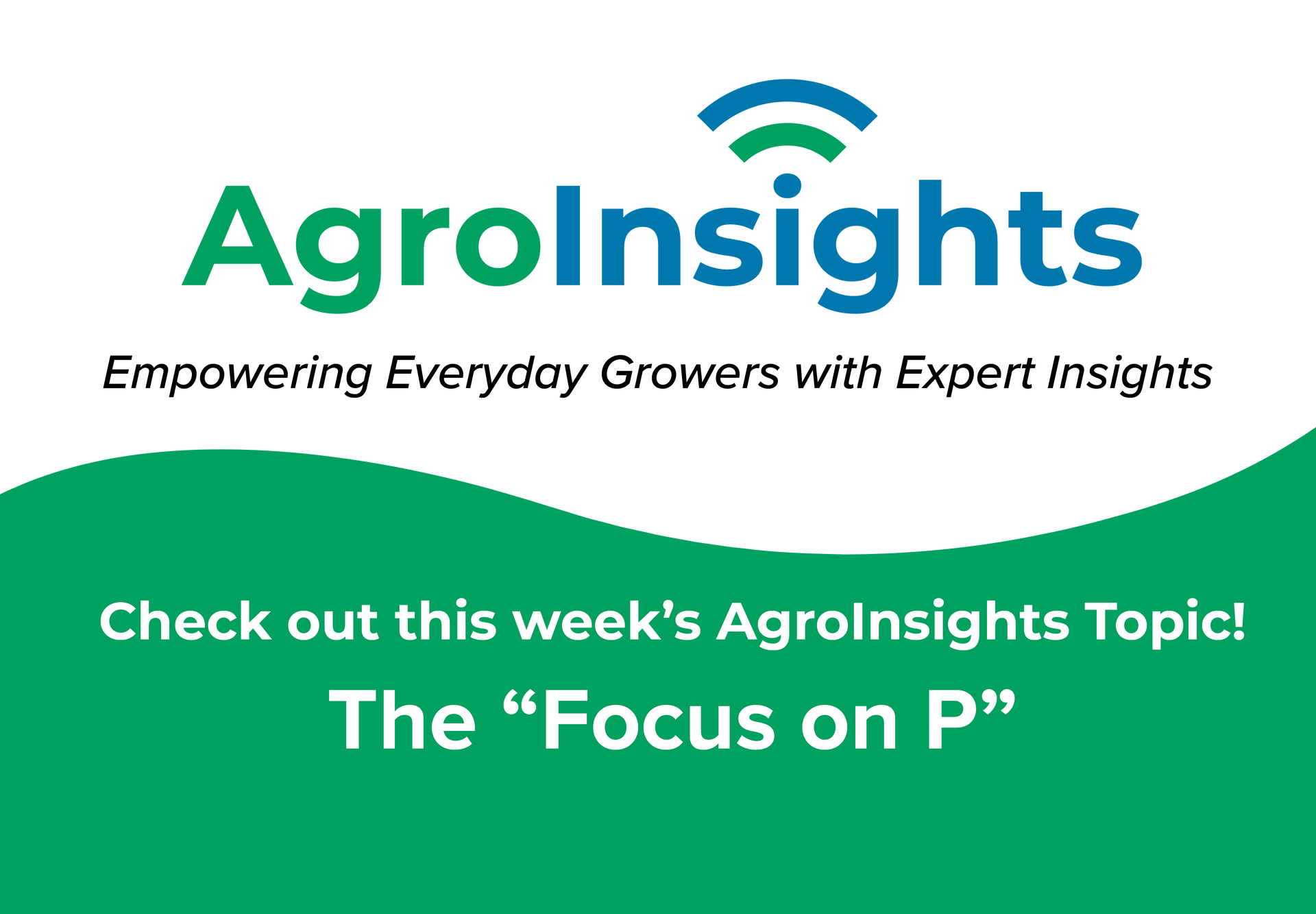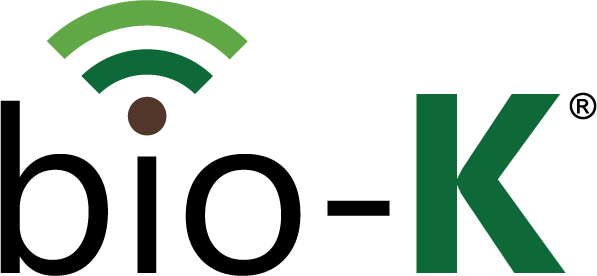Generation Whatever...What We Do Matters
Previous generations such as our parents, grandparents and beyond worried about us younger Generation Whatever and how we behaved, raised children, adopted too easily to new technologies, thought differently, and farmed differently from them. I still hear “it’s just the way my folks have always done it”. When I became a grandparent, I gained not just grandchildren but a new appreciation of the generational differences and changes our parents and grandparents went through. How our ancestors must have felt as a new crop of young folks pioneered their way through life differently than theirs. I’ve often thought in recent years of our way of life, what we did and how we did it, was really okay? Today, I wonder if we will have left it better for our children and grandchildren. In some ways, likely not, but in most ways, it’s much better. Grandad likely thought the same thing, just never would/could say it.
I was raised and educated in the 60’s and 70’s witnessing and participating in the greatest era of change, growth and prosperity in the history of western civilization at that time. The same could be said today. Southern life was moderately civil and considerate then, although there was the Vietnam War, societal issues, civil unrest, the Kennedy brothers, Dr. King, and other life challenges. It was different than today but in reality, not that much. I guess it’s part of the process… coming to grips with what our forefathers went through to sow the seeds for future generations. Now my generation is passing the torch. Well, what about my generation and subsequent generations? How will they do it? Will it be better or worse?
We grew up with party lines, 1 row pickers, and believe it or not, a 4 row planter. I watched in awe as John Glen and Neil Armstrong did things using the technology of the day that, now, is a fraction of what we unconsciously carry in our pockets and take for granted its influence and impact on how we live.
As more of the next generations populate urban cities seeking the comforts and real time access to everything they believe to be happy, wealthy, and successful, I feel we have an obligation to them. Thankfully, our young farm generation thinks differently. Social media, activism, misleading headlines, and bloviating, over shadow and influence the realities of a lot of misguided and misled people. Far too many think their food somehow comes from places like Whole Foods (no offense) and their clothes come from a Manhattan tailor or Walmart.
Agriculture remains the heartbeat and pulse of the human race. What we do as an industry is terribly important to the survival of our fellow humans and the planet. The technologies we utilize today help feed and clothe more people, easier, faster, and safer than ever imagined. Look at where we have come. Our parents and grandparents likely could not imagine 10,000+ ac farms harvesting 250 – 350 bu/ac corn, 100+ bu/ac soybeans, or 4 and 5 bale cotton. Imagine how Great Grandad would deal with a tractor or combine that drives itself. How will future generations farm? Hard to imagine. Just like it was for us and our forefathers.
At the end of the day, the results of our labor, culture, beliefs, and ethics yield the same results as has previous generations, just a lot better, more efficiently, and safer. There does remain, however, an opportunity to do better. As an industry, we need to do a better job of telling our story but the big impediment is the time and occasion to do it, because farmers are the ones rolling day and night to sustain life and make it better. Sadly, the petulant and self-serving voices being fed and clothed by the American farmer offer no help or solutions to foster their alternative. Contrary to the boisterous and misguided voices that get a lot of media attention, we are the best stewards of the land we have been blessed to nurture and manage. We are the ones who seek and work hard to provide a safe and healthy plate of food to the table of the World. Collectively it works and we will continue to provide safe and healthy food one farmer and one support person at a time, despite the ignorance and naiveté of others. The next Generation Whatever farmers will have vast opportunity to better feed, clothe, and influence the World far beyond the way it’s done today.
Take a minute and think about this as drought, floods, commodity prices, hurricanes, stress, insects, disease, resistant weeds, lack of sleep, too much of this and not enough of that continues, as it has for generations. What we do matters. What we do for a living and our way of life, here in the USA, has global impact. That’s a BIG deal. We matter. Our industry matters. We are blessed people to live and work the land and industry we love. Without the American farmer, rancher, vegetable and fruit producer, the naysayers and anti-everythingers would have to grass feed and free-range for themselves to survive. How would that go over?
Everyone at NACHURS thanks you for your business and support. We continue to wish each and every producer a safe and bountiful harvest.
